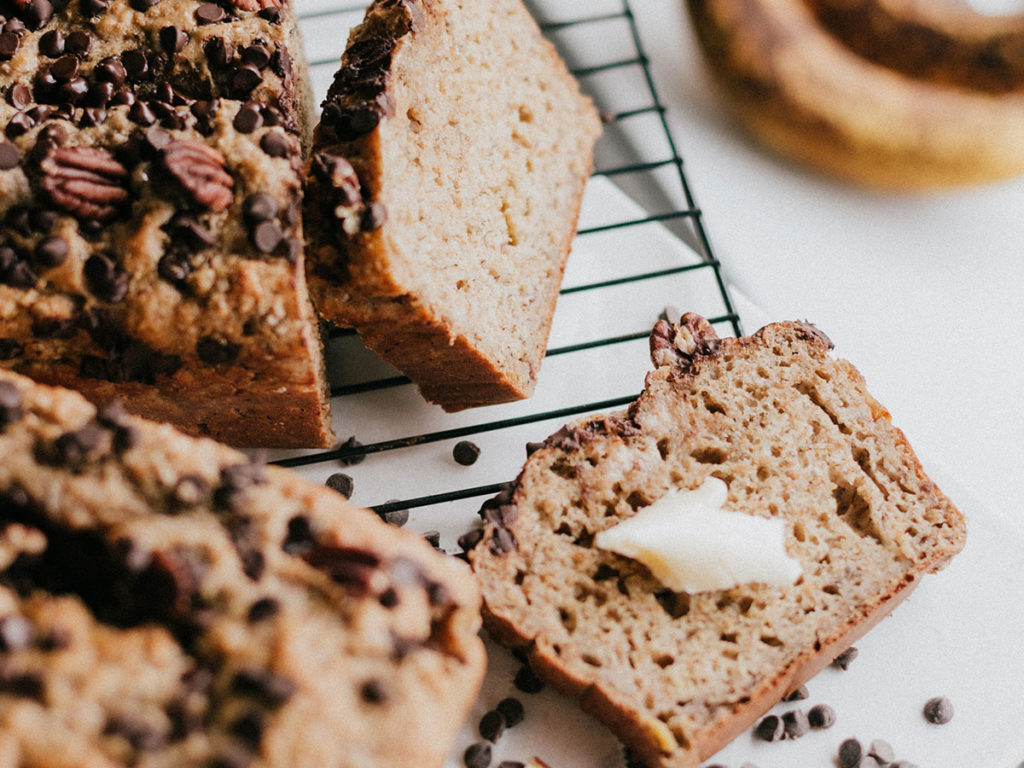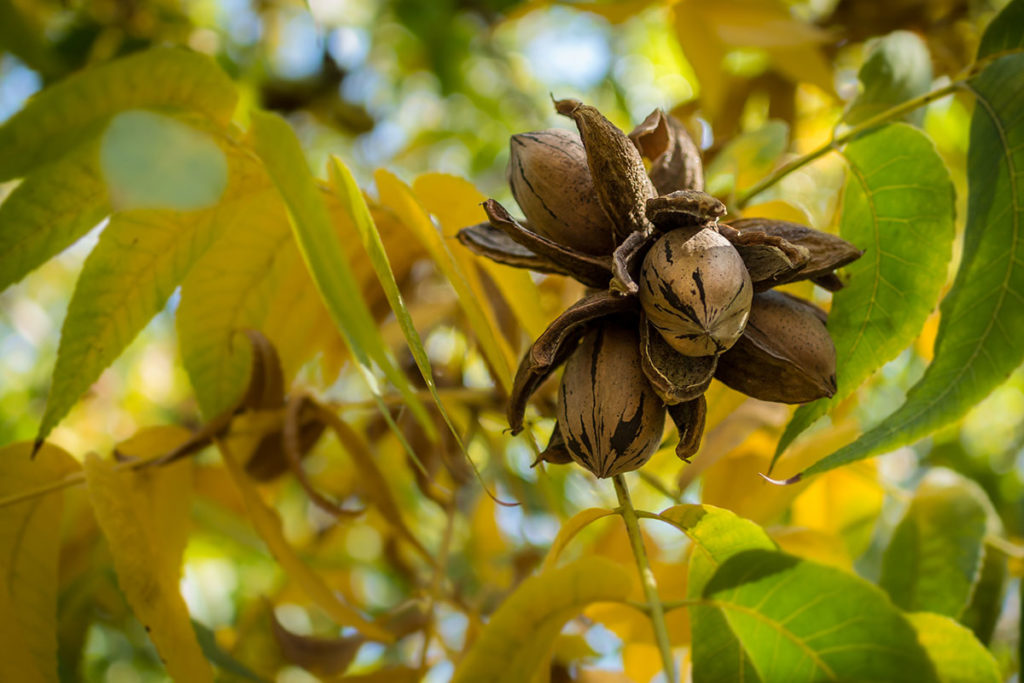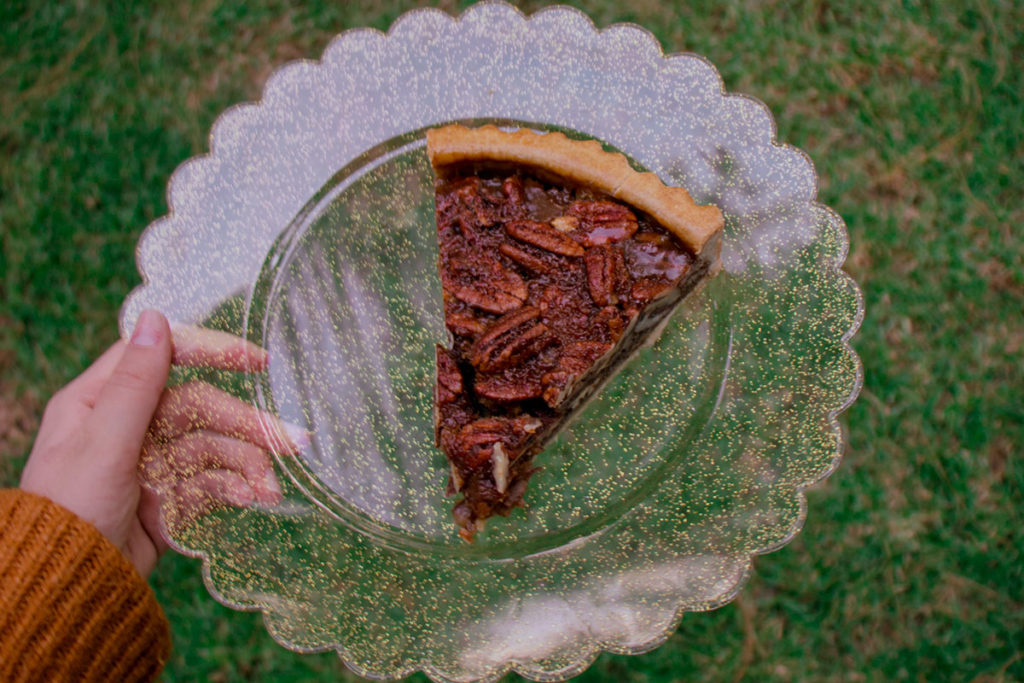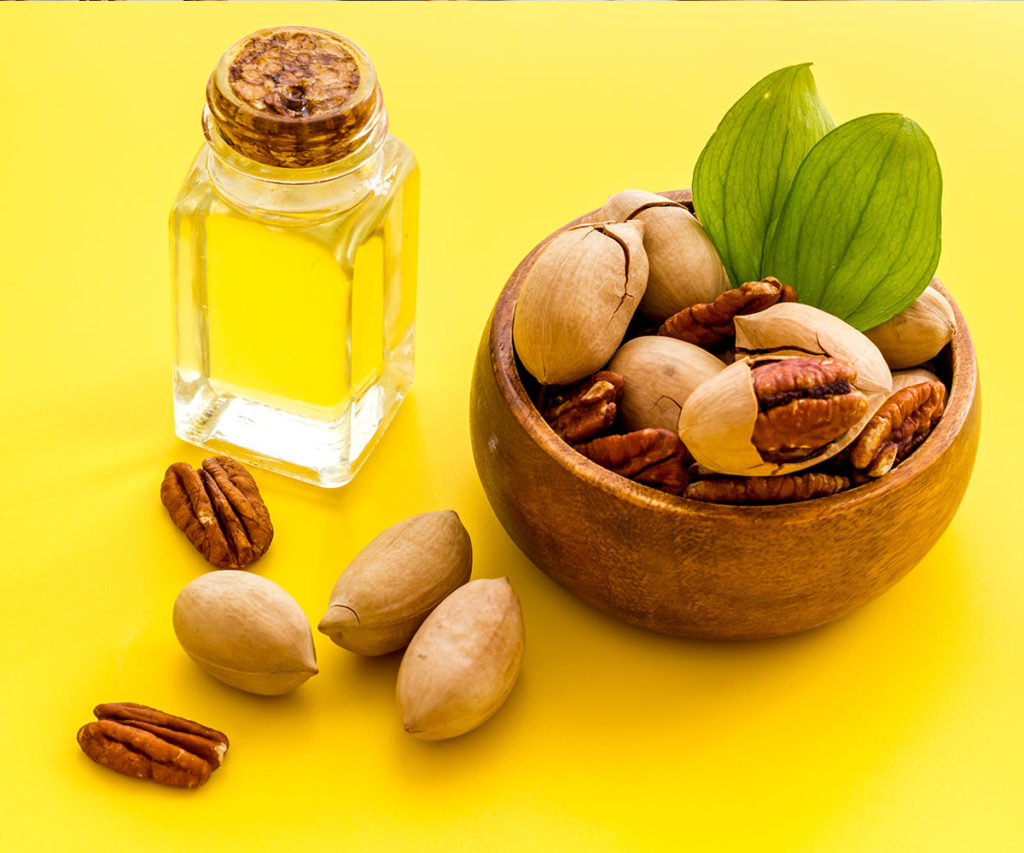
The wide variety of pecan nut kernels
Pecans are available in the wholesale and retail trade raw, with or without the shell, as well as roasted and salted. In many cases, the shell is waxed first to make the nuts appear even more appetising. Moreover, pecan nuts are available chopped, flaked or ground. These products are suitable for pure consumption and for including in cremes, desserts, ice cream and baked goods. For use in sweet dishes, pecan nuts are primarily valued for their sweet and mild flavour. If you prize pecan nut kernels for their valuable nutrients above all else, we recommend consuming them pure. This way, all the vitamins and minerals are retained. Processed products are treated at high temperatures which results in a reduced nutritional value. Organic pecan nuts are free from pesticides and other harmful substances.





